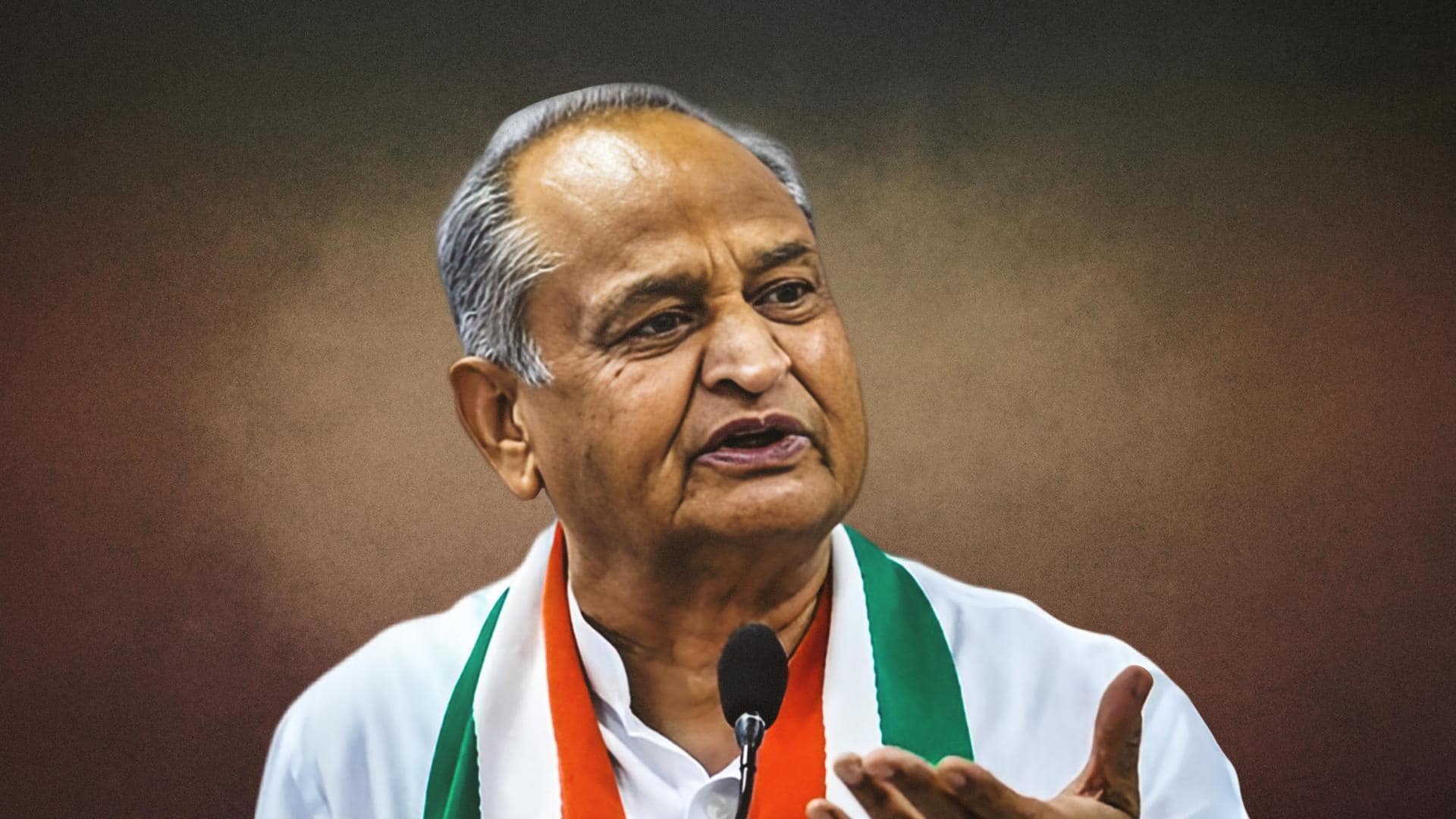
Rajasthan: Congress-opposition faceoff over CM Ashok Gehlot's minimum income scheme
What's the story
The opposition parties in Rajasthan, especially the Bharatiya Janata Party (BJP), have questioned the viability of the state government's recently passed minimum income guarantee law. It provides an employment guarantee of 125 days every year to all families in the state. On the other hand, the ruling Congress party, led by Chief Minister Ashok Gehlot, claimed that the law would be a "game changer."
Context
Why does this story matter?
With the Rajasthan Assembly elections approaching, political tensions have begun to emerge among political groups. While the BJP attempts to gain momentum in the election-bound state, the Congress continues to break the ice between CM Gehlot and senior party leader Sachin Pilot. Notably, the Gehlot administration's recent enactment of the Minimum Guaranteed Income Act was a move to enhance its strength in the state.
Statement
Minimum Guaranteed Income law will tackle inflation: Minister
"The Minimum Income Guaranteed Act, which the Congress brought under Mahatma Gandhi's name, ensures 100 days of employment under the Mahatma Gandhi Rural Employment Guarantee Act (MGREGA). We have given additional 25 days guarantee," said Gehlot. Meanwhile, state minister Shanti Kumar Dhariwal called the law "incomparable" and "historic," adding that it would help tackle inflation as well.
Reaction
Opposition parties question viability, intention
The opposition, particularly the BJP, has questioned the viability of the scheme, claiming that the flagship schemes require Rs. 45,000 crore, whereas Rajasthan is in huge debt. Bahujan Samaj Party (BSP) chief Mayawati also targeted Gehlot over the scheme, alleging it was an election stunt and not in the public interest as the Congress government was allegedly in deep slumber during the entire tenure.
About
Know about Minimum Guaranteed Income law
The law passed on Friday guarantees 125 days of work for all families in the state and a minimum of Rs. 1,000 as a pension to the elderly, women, widows, and disabled people. It brings the rural employment guarantee scheme, the urban employment guarantee scheme, and the pension scheme under one legislation that will be implemented under the Mahatma Gandhi Minimum Income Guarantee Scheme.